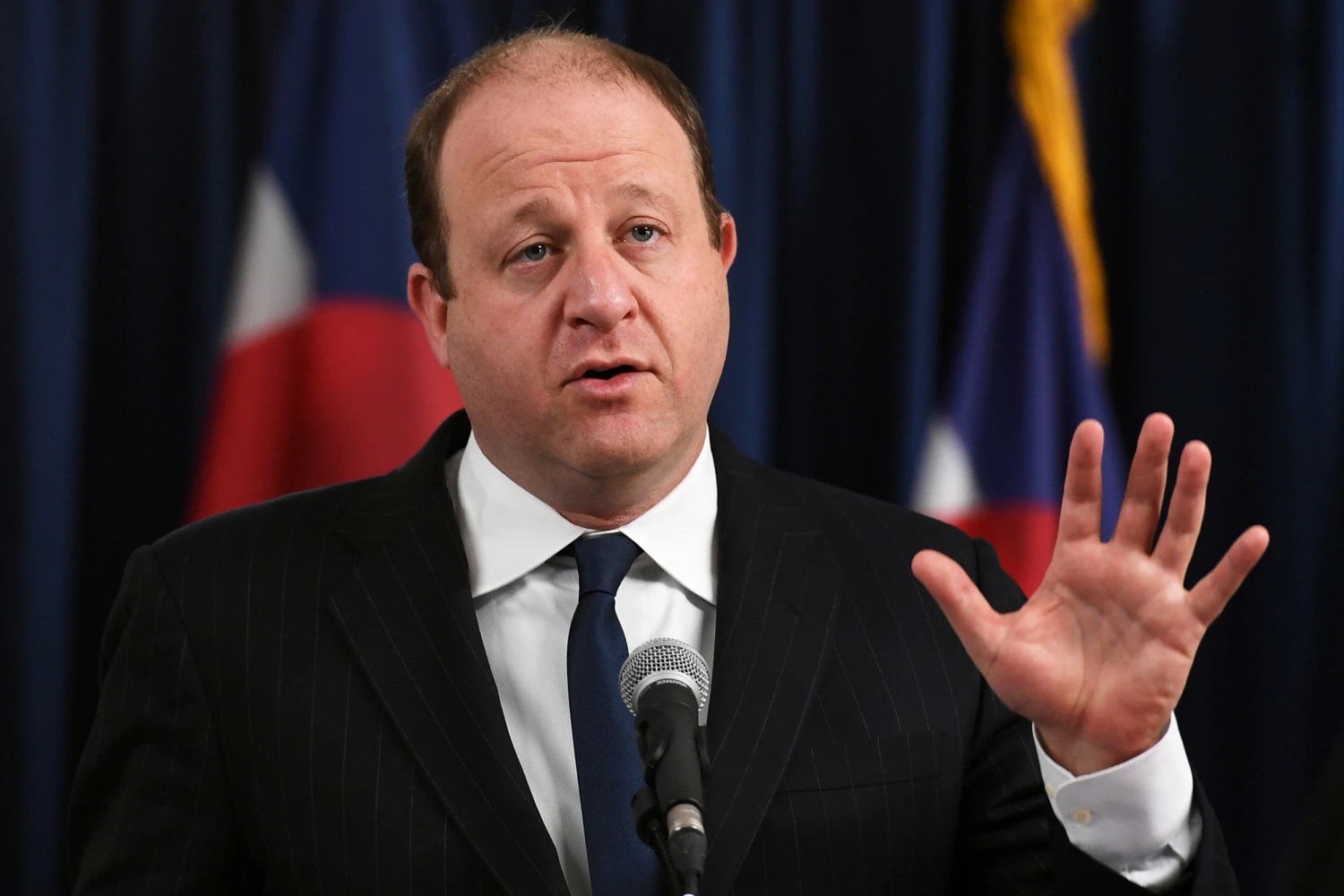
Colorado Gov. Jared Polis recently vetoed a bill that was seen in many circles as the most anticipated veto of this year’s legislative session which would have repealed a requirement for a second election to form a union, a provision that’s unique to the state.
The veto was expected though, as Polis, a Democrat, had said from the start of the 2025 state legislative session that he wanted to see a compromise between labor and business interests over the issue. That never came to pass.
The measure has provoked a major battle between business and labor, which sought to repeal an election tied to union dues from the state’s 82-year-old law dealing with collective bargaining.
Polis urged business and labor to find a compromise and his office pushed a deal, but negotiations collapsed in the final week of the legislative session. He has also repeatedly said he won’t sign any major changes to the law without an agreement from both sides.
Senate Bill 25-5 would have repealed the state requirement for a second election following a simple majority vote, per federal law, to form a union. The second vote requires 75% approval for workers to be able to negotiate whether every employee must pay into representation fees, regardless of union membership. Colorado is the only state to have that system. It was created through the Labor Peace Act over 80 years ago.
After the negotiations failed, sponsors pushed through the bill virtually unchanged from its introduction on the first day of the 2025 session.
Federal law governs union formation. In that election, a labor group must receive a simple majority to unionize — a related but separate issue from what was before Colorado lawmakers.
At issue at the Colorado Capitol was the state law requiring a “second” election to allow a unionized workplace to negotiate over fees on non-union members. That election requires a higher threshold of a 75% “yes” vote to pass, and the unions want to eliminate it.
In his veto letter, Polis said the core issue in Senate Bill 5 is union dues — not union formation, which, he noted, is governed by federal law.
“At its core this is about who has a say in whether union dues are deducted from employee paychecks,” he said. “To my mind, mandatory dues deduction should require a high bar of both participation and support, particularly at a time when hardworking Coloradans are concerned about the cost of groceries, the economy, and their job security.”
The governor claims the current law — called Labor Peace Act — has maintained “peace and stability” between employers and unions, and it was the stability that he sought in pushing for a deal.
Although Polis who sought to defend his “pro-union, pro-worker” record and cited new policies under his tenure as governor, such as collective bargaining rights for county employees and family and medical leave insurance, has said he is disappointed they have not been able to find common ground, there are many who feel his actions is a betrayal of working people in Colorado.
Policy advocates across the state even claim he is now the only Democratic governor in the country defending a ‘right to work’ policy that undermines worker freedom and shields corporate power.
Some have even gone as far as calling on Attorney General Phil Weiser and U.S. Sen. Michael Bennet, two Democrats in the race for Colorado governor next year, to weigh in on whether they would have signed the bill.
Polis’s veto comes at a time when unions’ approval ratings, now at or exceeding 70 percent, are the highest they’ve been in 60 years. It also comes at a time when many national party leaders are suggesting that a more robust focus on economic issues could help Democrats win back working-class voters. At their stops in Denver and Greeley during their recent “Fighting Oligarchy” tour, Sen. Bernie Sanders (I-VT) and Rep. Alexandria Ocasio-Cortez (D-NY) featured speeches from union leaders who called on state legislators to pass the act. After the rally, they urged supporters in an email to call Polis and ask him to pledge his support.
As an entrepreneur who’s generally favored a political approach that leans left on social issues but less so on economics, Polis has carved out a space for himself that has often put him at odds with the interests of labor. Though he was the first openly gay man to be elected governor in the U.S. and has strengthened legal protections for reproductive rights, he’s also supported outright eliminating Colorado’s income tax and has vetoed multiple union-backed bills in the past.
At a time when the Democratic Party’s reputation is on shaky ground and many leaders are looking to economic justice as a core tenet to rally voters, Polis seems to embody the Democratic camp that seems incapable of offering any viable solutions to the current decline in Democratic popularity, especially among working-class voters. As for Colorado’s own working-class voters, union leaders have vowed to put the bill Polis vetoed before voters in the next election.
The backlash Polis has received from workers isn’t unexpected considering the fact that businesses and corporations have been applauding him for vetoing the bill.
With elections for the governorship seat on the horizon, many fear Polis’s actions may have put the Democratic Party in a tight spot. How fatal his actions will be for the party will unfold in the coming months.





